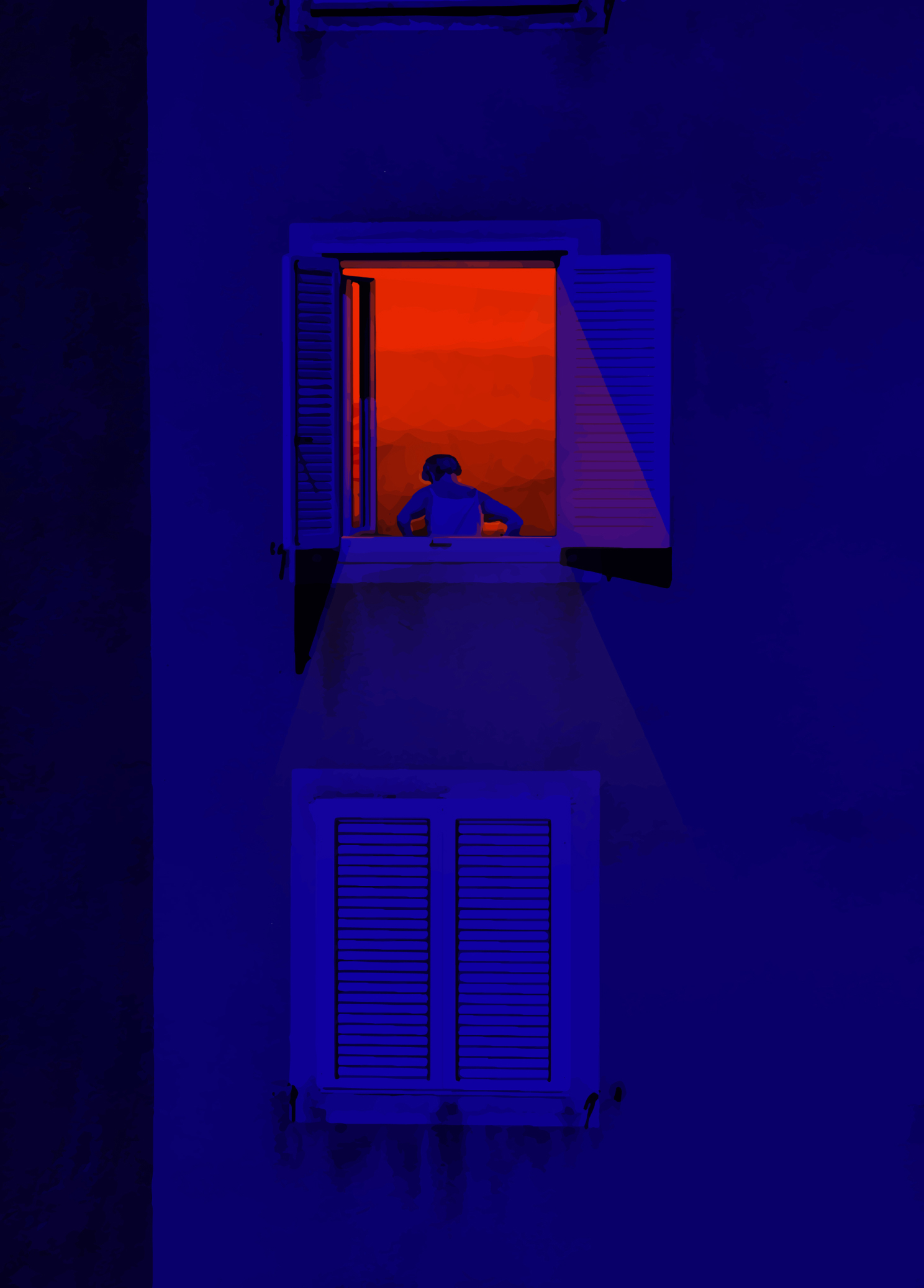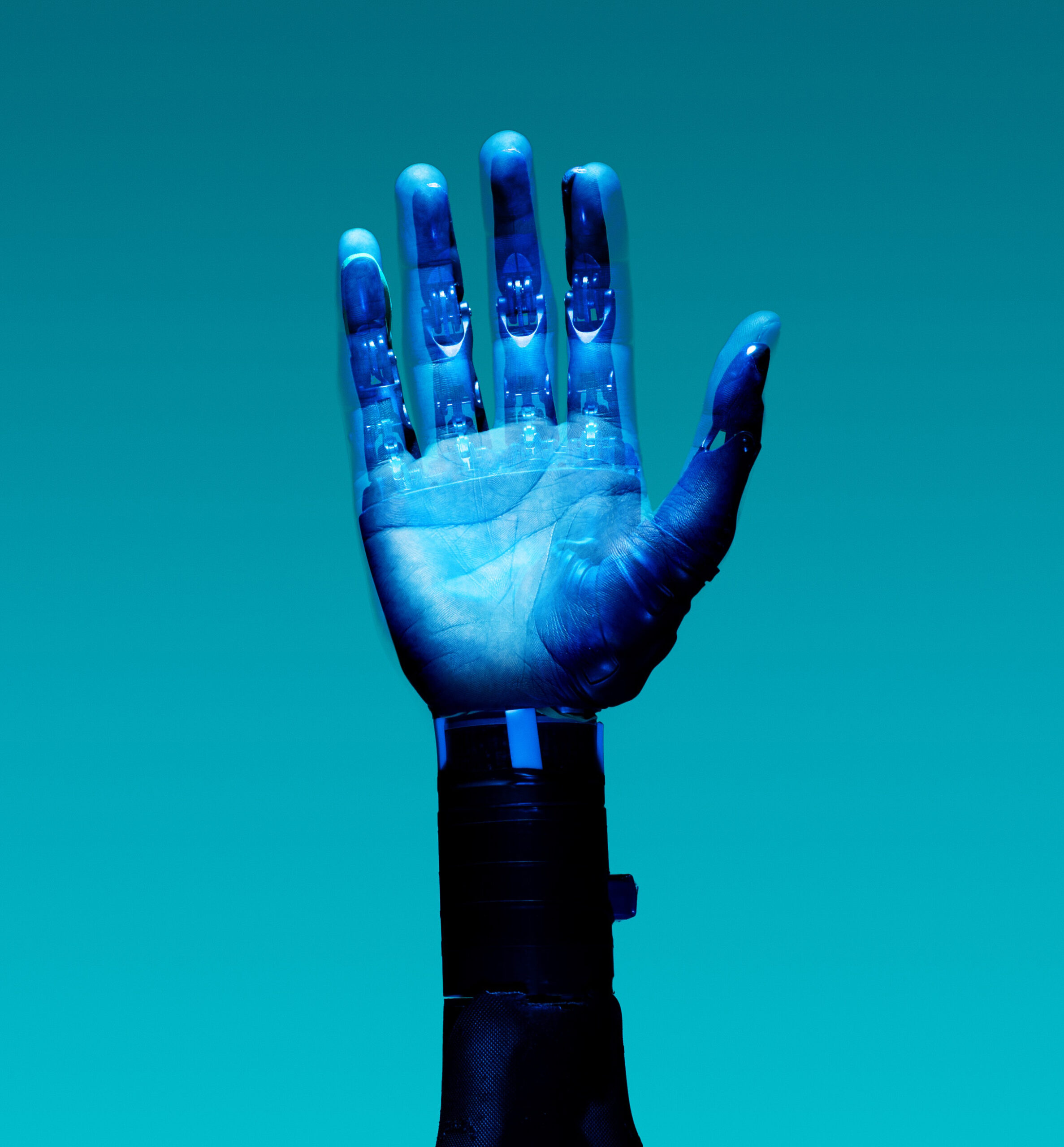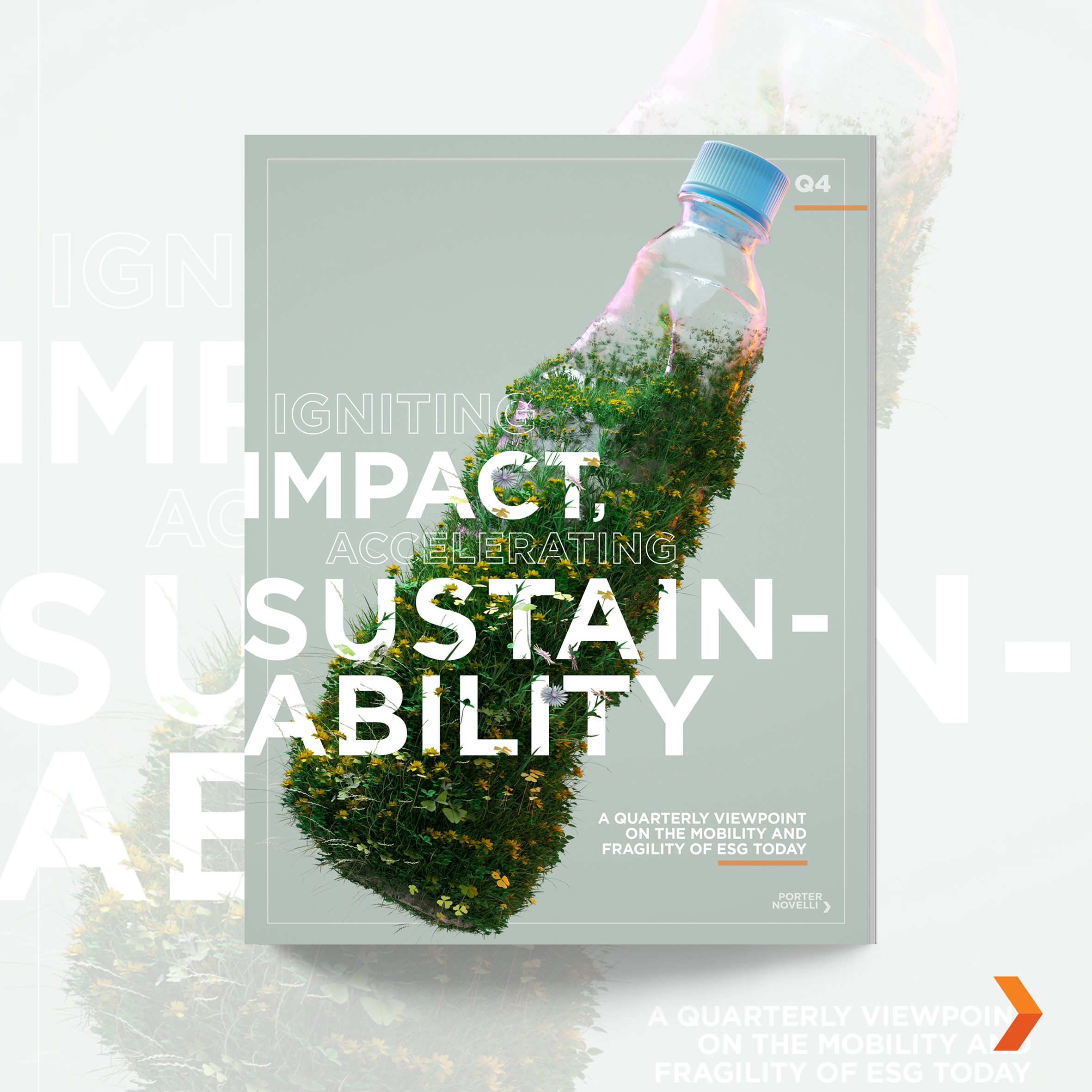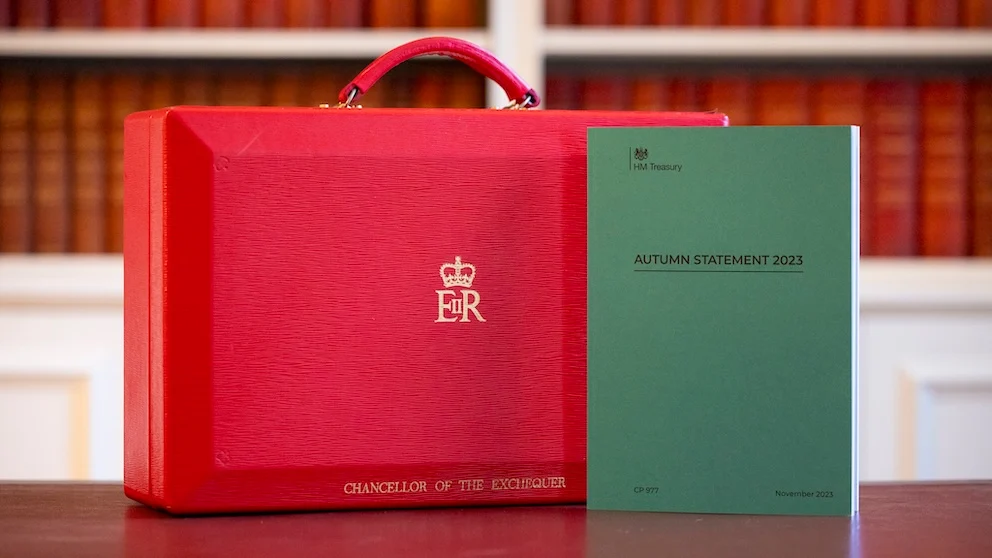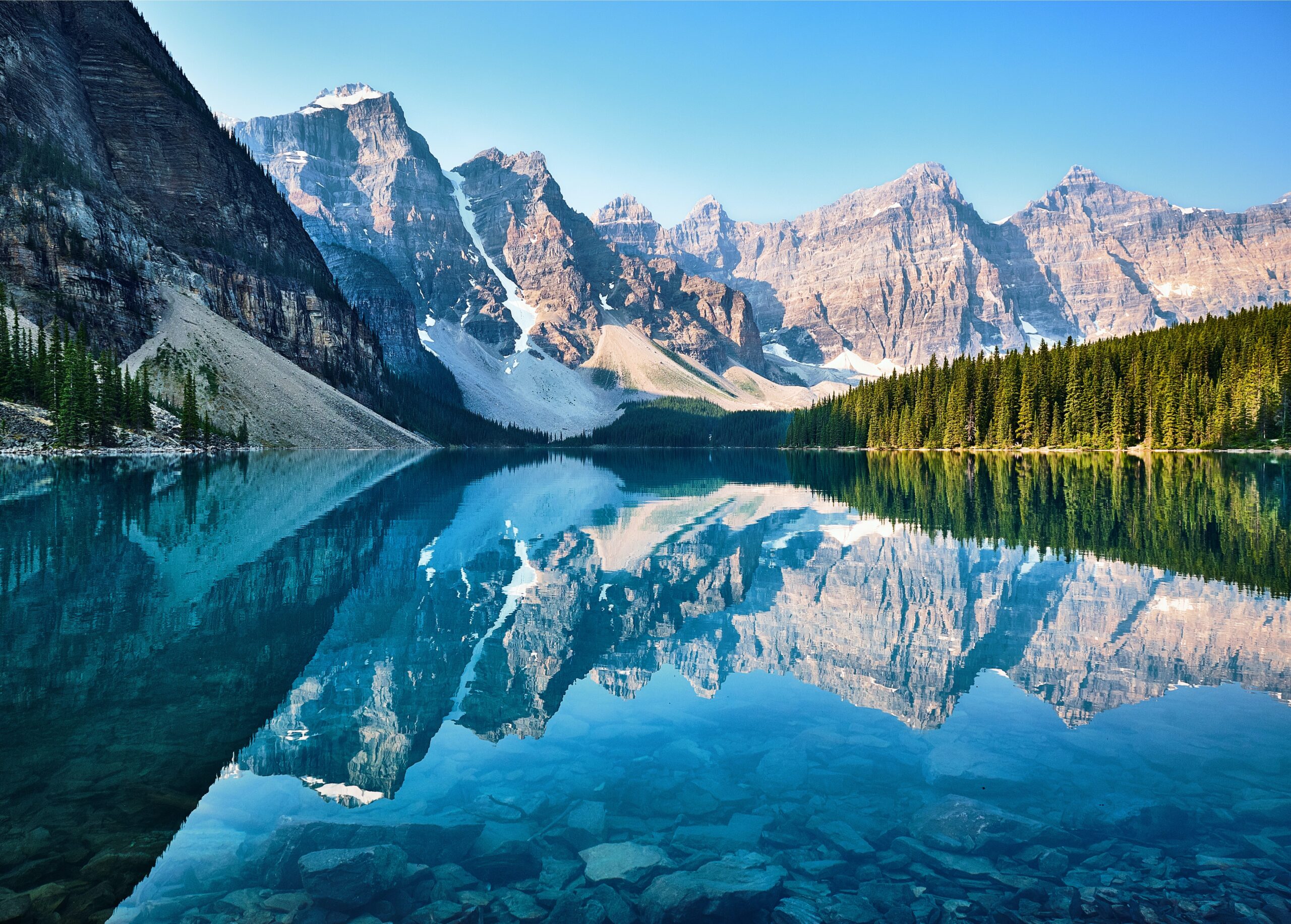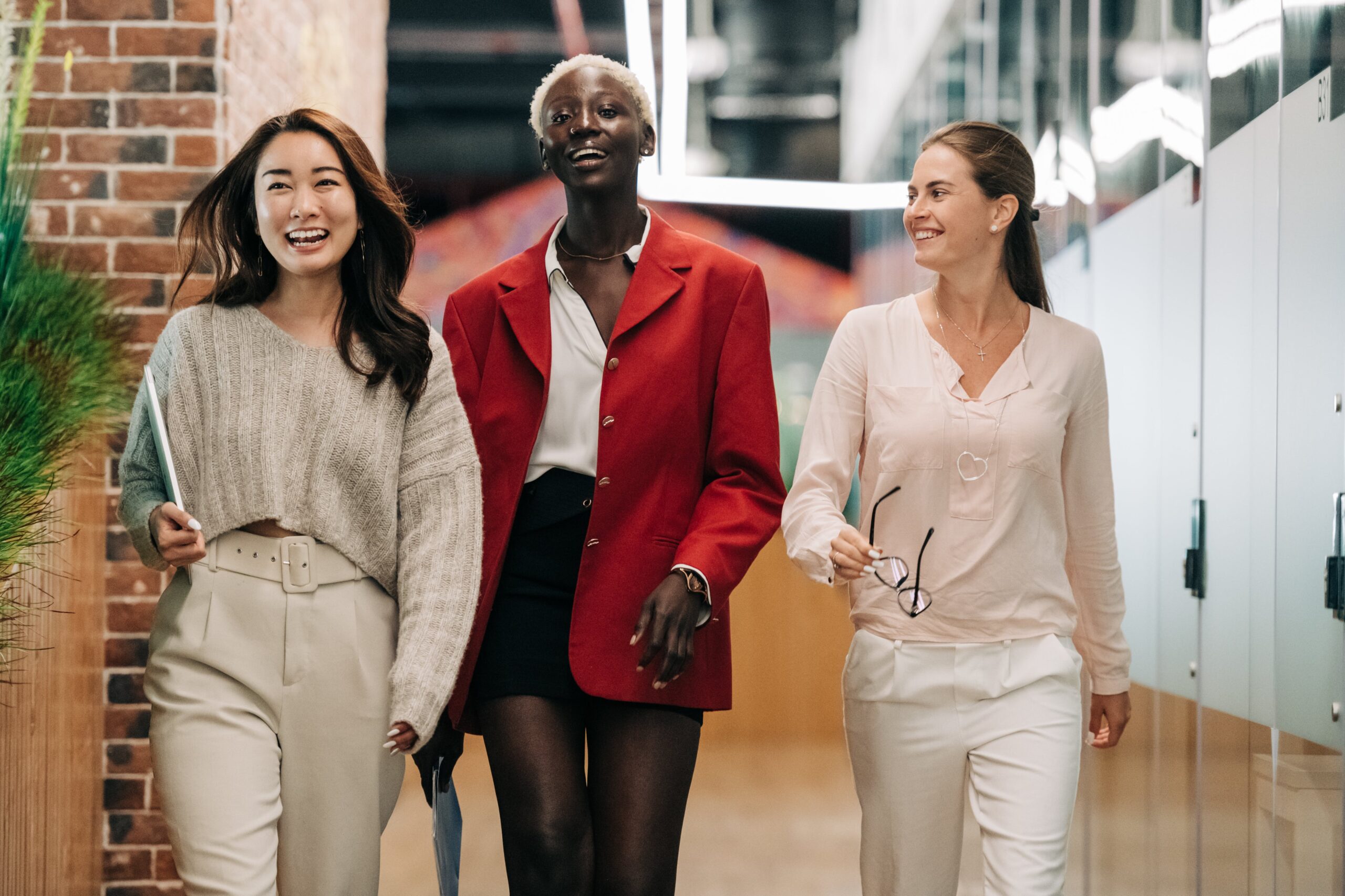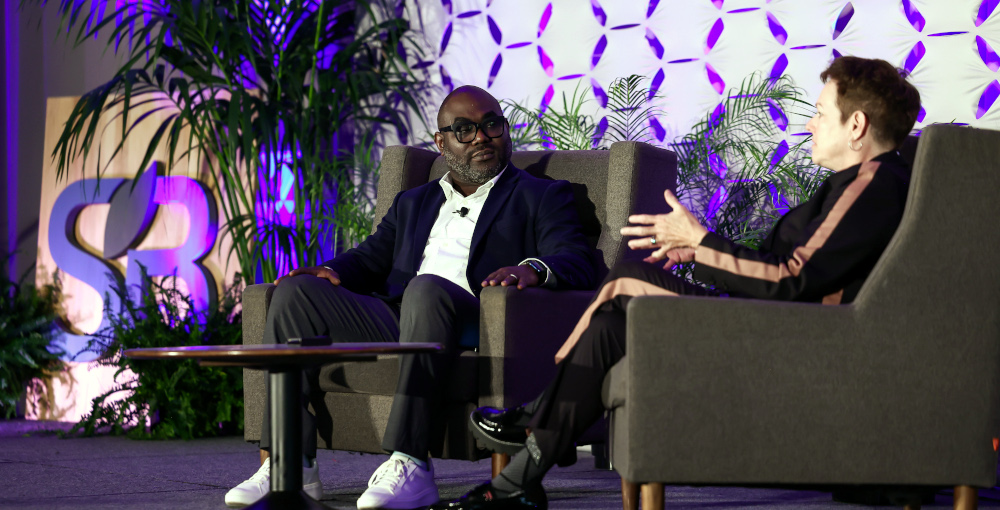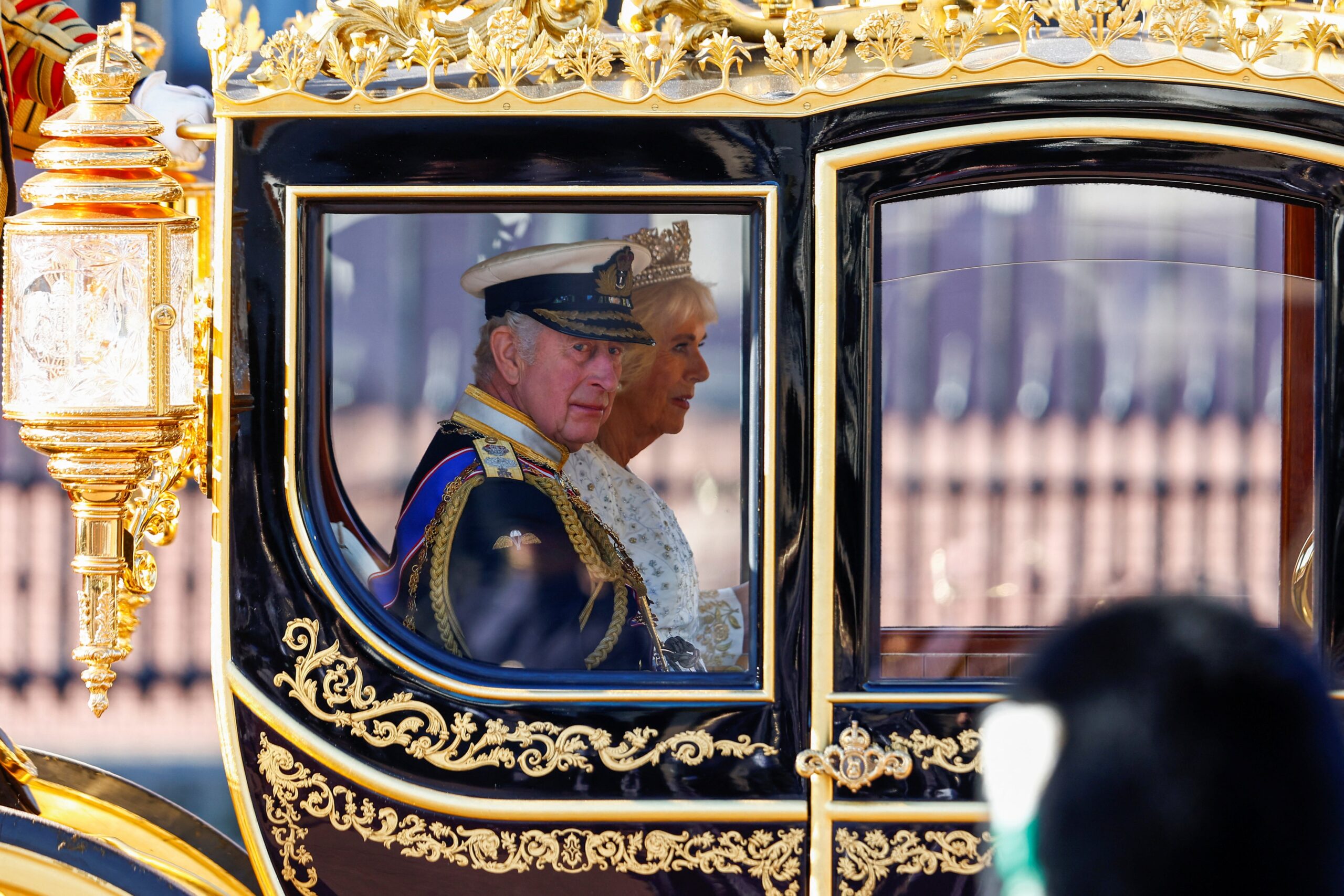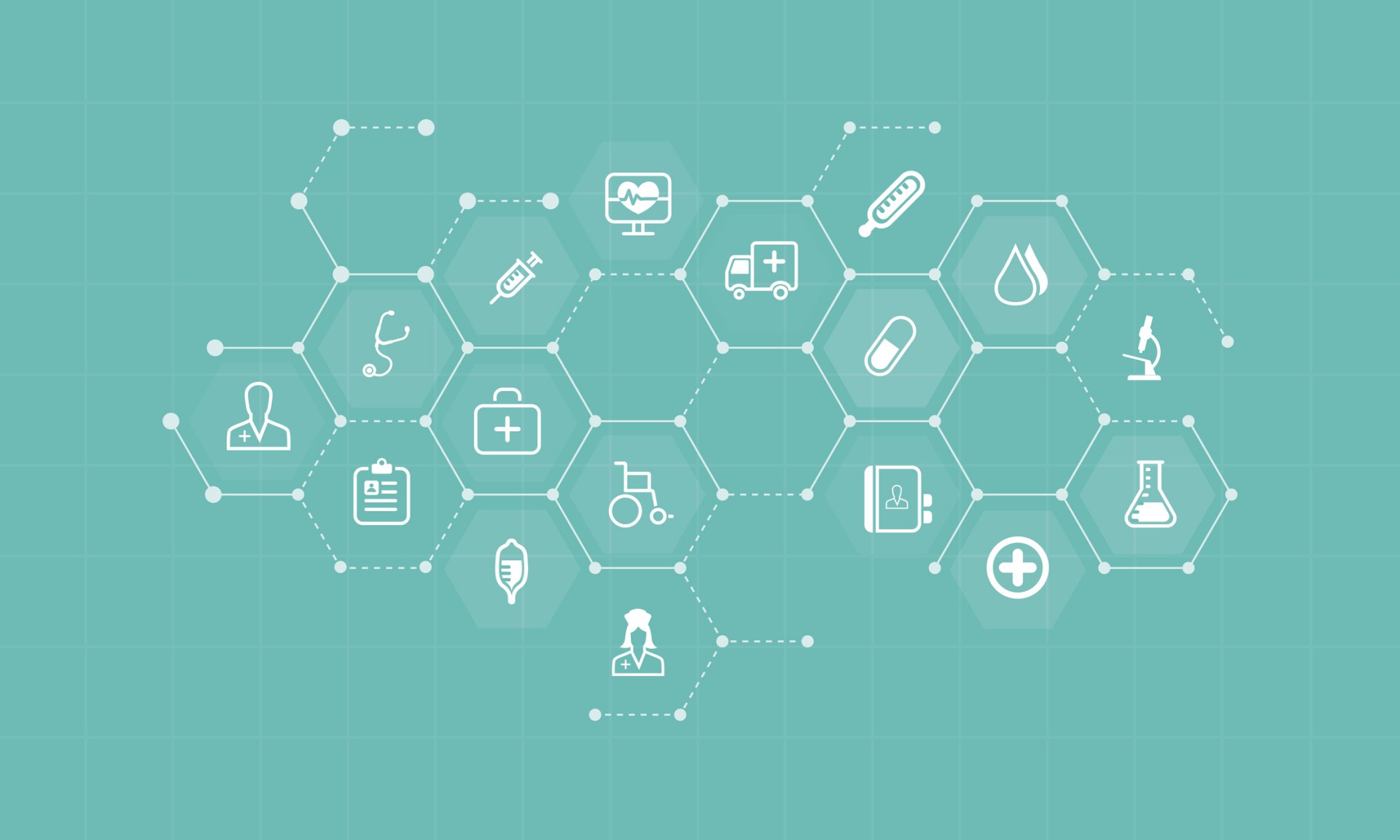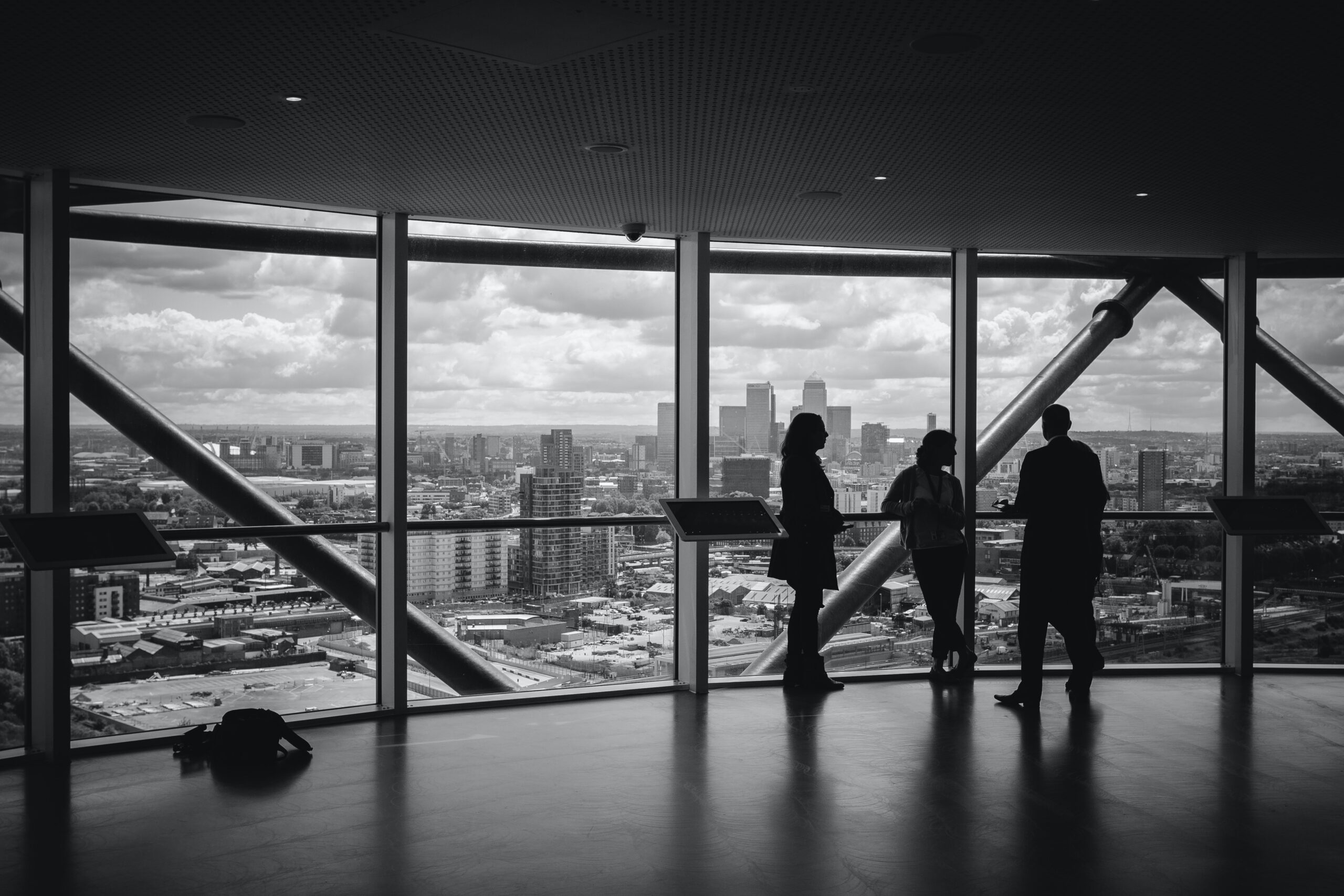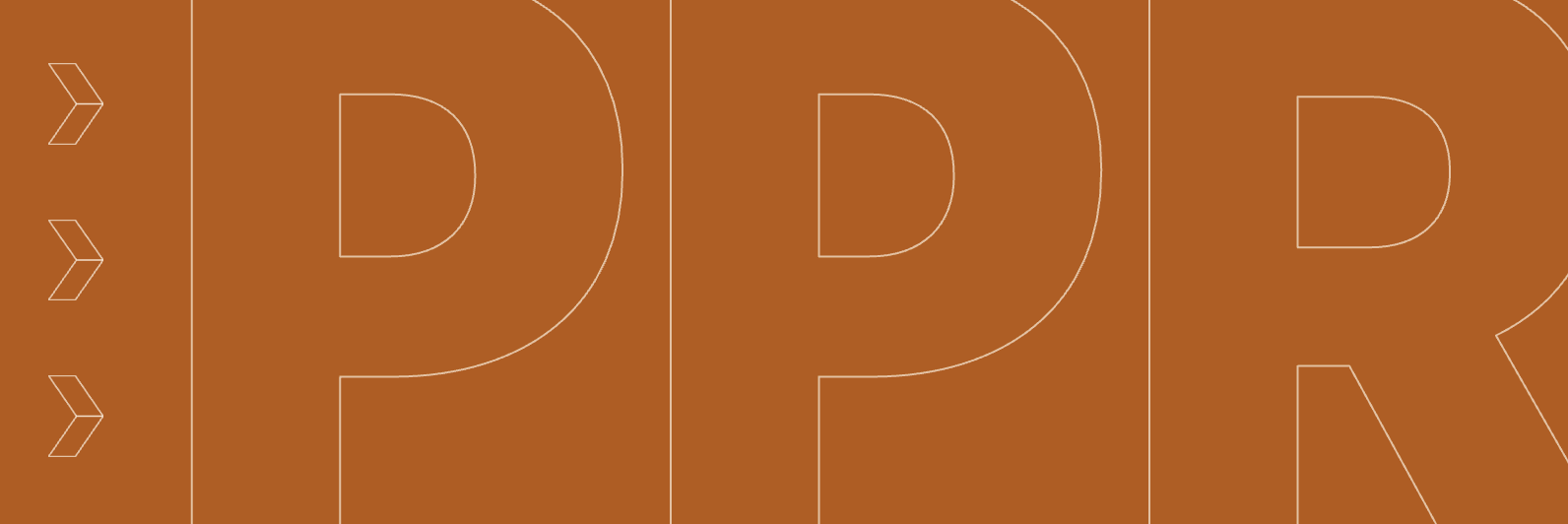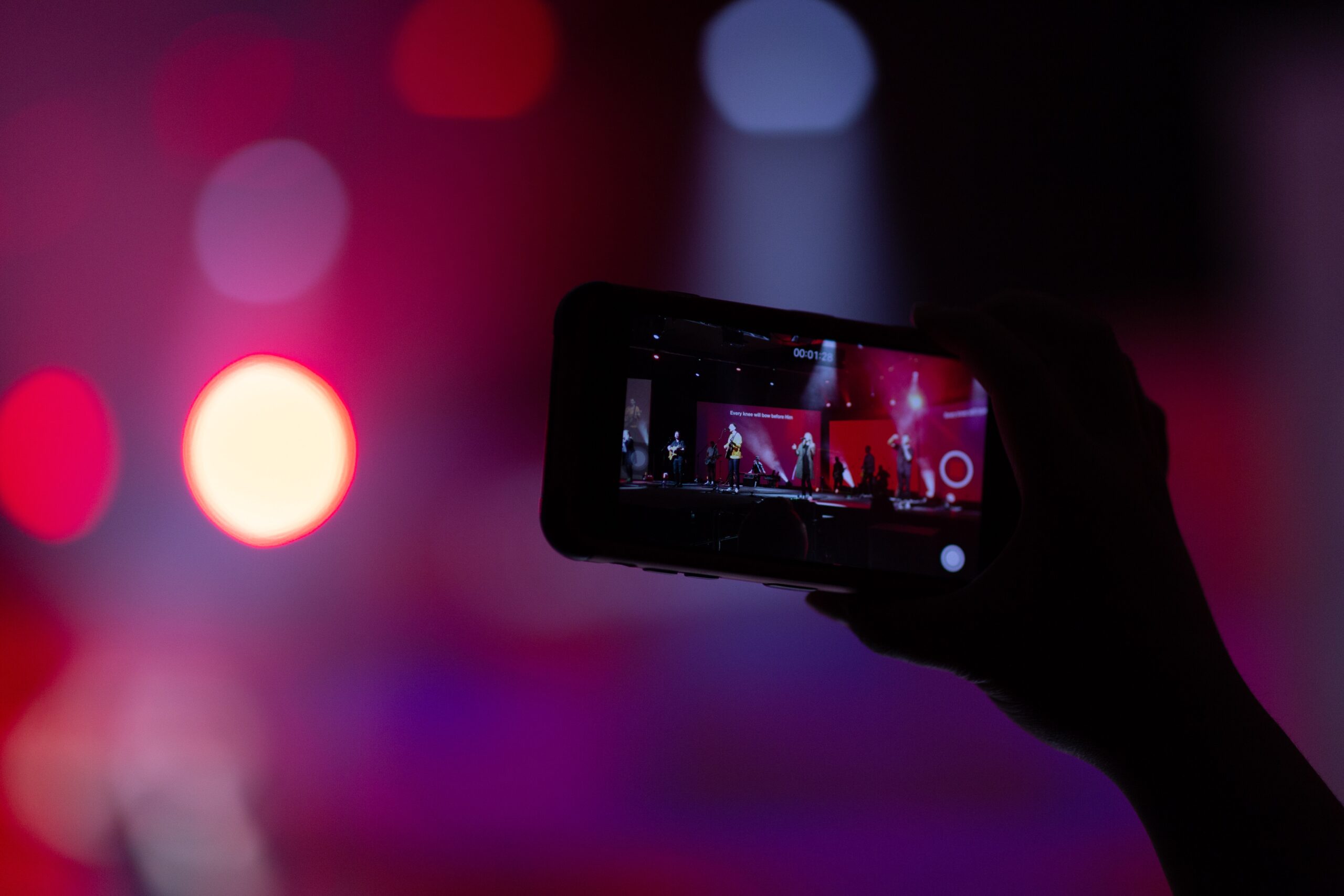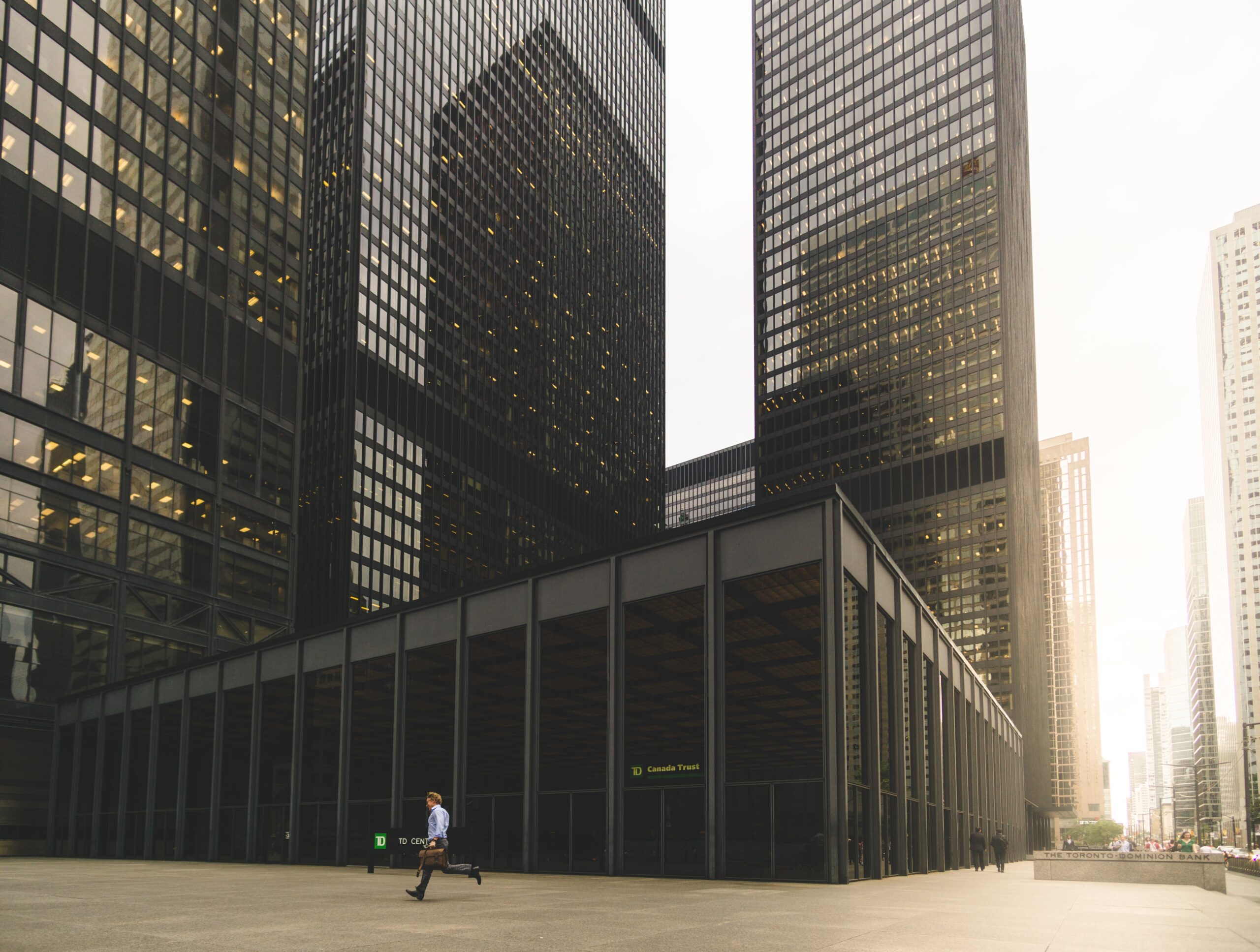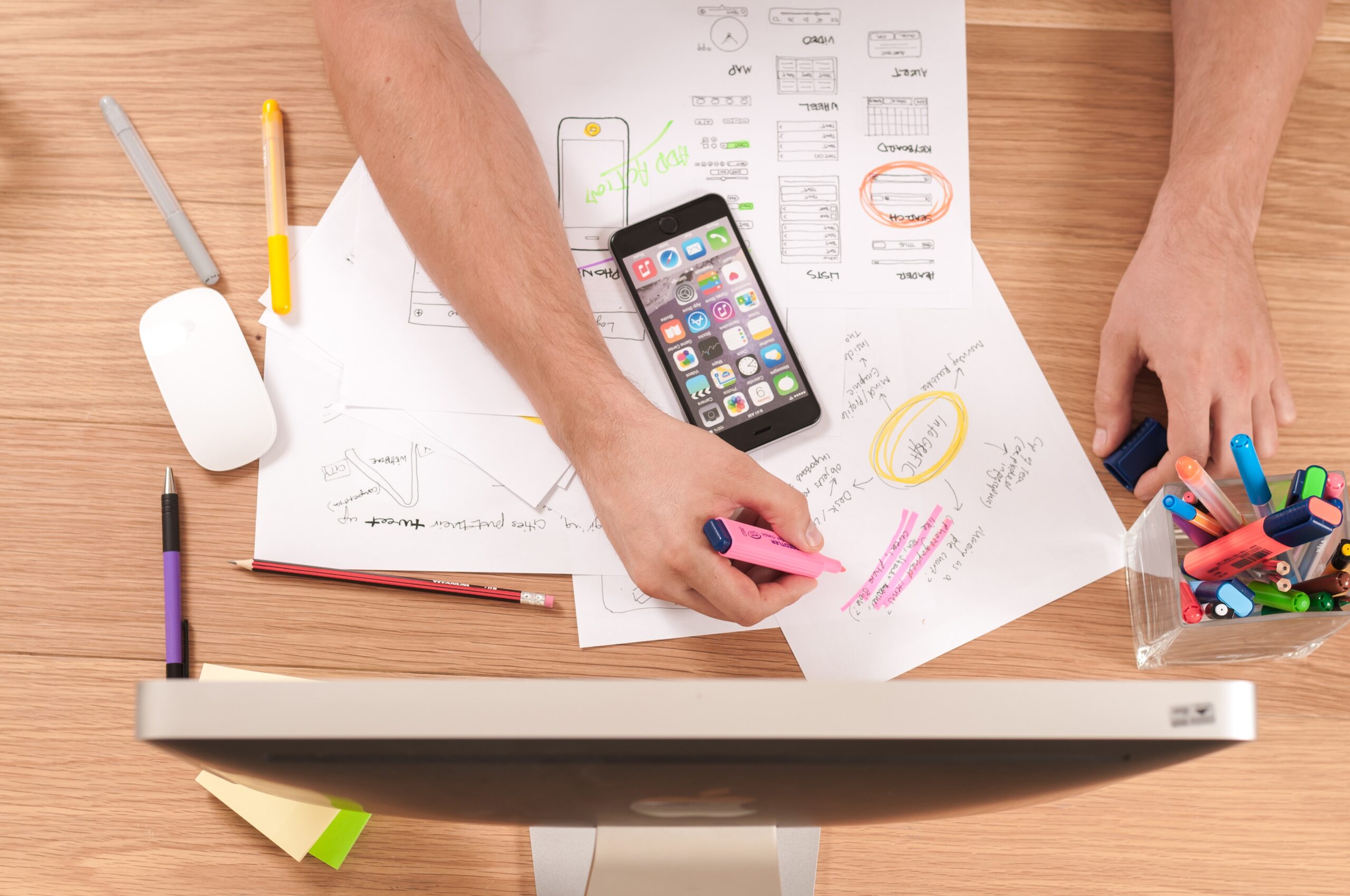Ask a handful of creative folk in the industry on what their view is on creativity and you’ll get the bold and the beautiful in responses such as “Creativity is not solely about the “big idea” because it encompasses a broader spectrum of elements. While a big idea can be impactful, creativity involves the entire creative process from conception to execution. It includes the ability to think critically, adapt and refine ideas to effectively address complex challenges. Attention to detail, craftsmanship, storytelling, aesthetics and effective communication are equally important in the creative process. Furthermore, creativity thrives on diverse perspectives, collaboration and the ability to connect seemingly unrelated concepts. It is the combination of these factors that ultimately leads to the creation of innovative and compelling work, going beyond the sole reliance on a single big idea” or others might say “Creativity refers to the ability to generate innovative and impactful ideas, strategies and campaigns that capture attention and engage audiences. It involves thinking outside the box, breaking conventional norms and leveraging unique approaches to stand out in a crowded media landscape. By combining creativity with strategic thinking, you can effectively shape public perception, build brand reputation and foster meaningful connections between organisations and their target audiences”.
All of this is very true and I’m sure we can resonate with these points but creativity has a more personal impact. Anyone who is lucky enough to be in this incredible industry will know that feeling of when all the above and more clicks into place. Sometimes the most simple and obvious solutions just feel right. You sometimes can’t put your finger on it, you just know. But how will the landscape look in the next 5,12 or 24 months? Will the rise of AI change the journey of creativity and will that ‘just know’ feeling disappear?
Over the past 20 years, creativity in our industry has undergone significant transformations. The digital revolution and the rise of social media platforms has made content creation accessible to all allowing individuals and brands to produce and distribute their creative work on a global scale. Traditional media channels have expanded to include interactive and immersive experiences, utilising technologies like virtual reality and augmented reality. User-generated content has gained prominence enabling audiences to actively participate in content creation and shaping narratives. Overall, the evolving media landscape has empowered new forms of expression, collaboration, and engagement.
Some feel that AI can play a valuable role in enhancing creativity. Provide data-driven insights and analytics, helping us understand audience behaviour and emerging trends. This information can inform creative decision-making allowing for more targeted and impactful campaigns. AI-powered tools can assist in content creation, such as generating personalised messaging, creating visual assets or even designing websites. Others are less so welcoming to the change. This rapid growth in AI could be the biggest industry shift most of us will have witnessed in our lifetimes so you can understand the feeling of nervousness.
We have seen recently that Adobe has implemented AI into its products with the launch of Firefly and no doubt many will follow suit. Will this take creativity away from the individual? No, you still need that knowledge and creative understanding to get the best out of AI, personally I think it’s a very exciting time to be a part of this new chapter. We need to adapt and evolve with the technology.
The future of Creativity: We know what we are, but know not what we may be.
